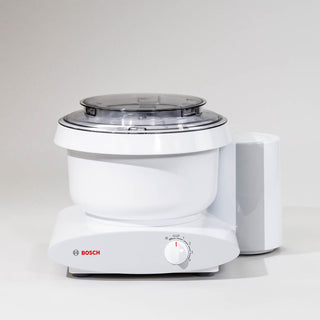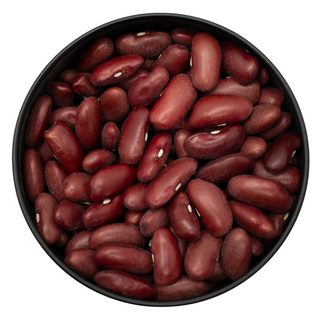Dark Red Kidney Beans
Dark Red Kidney Beans
- Unit price
- / per
Description
Dark Red Kidney Beans
Product of Canada
- High Nutritional Value: Dark red kidney beans are a powerhouse of nutrition, rich in protein, which makes them an excellent meat substitute for vegetarians and vegans. A single cup of cooked kidney beans provides about 15 grams of protein, essential for muscle repair and growth.
- Rich in Fiber: These beans are an excellent source of dietary fiber, with one cup providing approximately 13 grams. Fiber aids in digestion, helps prevent constipation, and can contribute to maintaining a healthy weight by promoting a feeling of fullness.
- Loaded with Antioxidants: Dark red kidney beans are packed with antioxidants, particularly anthocyanins, the pigments that give these beans their vibrant color. Antioxidants help combat oxidative stress and can reduce the risk of chronic diseases such as heart disease and cancer.
- Heart Health Benefits: Consuming dark red kidney beans can contribute to heart health due to their high content of fiber, potassium, and magnesium. These nutrients help in lowering blood pressure, improving overall cardiovascular health, and reducing the risk of heart disease.
- Blood Sugar Regulation: Thanks to their low glycemic index and high fiber content, dark red kidney beans can help in stabilizing blood sugar levels, making them an excellent dietary choice for individuals with diabetes or those looking to manage their blood sugar levels.
Dark red kidney beans are a versatile and delicious addition to any meal. As a good source of protein, carbs, and fiber, they provide important nutrients to your diet. These beans are known for their slightly sweet taste and firmer texture that holds up well in any dish.
Origin:
Grown in the Canadian Prairies
Whether you're making traditional standbys like beans and rice or elevating your chili to blue ribbon status, dark red kidney beans can handle it all.
While it's difficult to say that any one type of bean is "the best" as they all have unique nutritional profiles and flavor profiles, kidney beans are certainly one of the most popular and versatile types of beans available. Here are a few reasons why:
- Nutritional value: Kidney beans are a great source of protein, complex carbohydrates, fiber, vitamins, and minerals. They are particularly rich in folate, iron, magnesium, and potassium, which are all important for maintaining good health.
- Versatility: Kidney beans can be used in a wide variety of dishes, from soups and stews to salads and dips. They have a mild flavor that pairs well with a variety of ingredients and can be used in both savory and sweet recipes.
- Satiety: Due to their high fiber and protein content, kidney beans can help you feel fuller for longer, making them a great option for weight management and weight loss.
- Cultural significance: Kidney beans are a staple ingredient in many cultural cuisines, such as Latin American, Caribbean, and Indian cuisine. They have a rich history and are an important part of many traditional dishes.
Overall, kidney beans are a nutritious and versatile ingredient that can be enjoyed in a variety of ways. Whether you're looking to add more protein to your diet, experiment with new flavors, or simply enjoy a classic dish, kidney beans are definitely worth considering.
Storage
Store dry and raw beans in a sealed container in a cool dry place. Use within one year for best quality. Cooked beans can be stored in a sealed container in the fridge for 3 to 4 days. You may also store cooked beans in the freezer for up to one year in a sealed container or freezer bag.
Disclaimer: This information is for educational purposes only. It is not intended to diagnose, treat, cure, or prevent any disease. The information provided is for educational purposes only and not intended as medical advice. Consult your professional health expert for medical advice. This product has been packaged in the same facility as wheat, tree nuts, barley, and other potential allergens.
Adding product to your cart












